Introduction:
In the world of architecture and design, architectural woven mesh has emerged as a medium that combines functional practicality with artistic expression. With its intricate texture and captivating patterns, architectural woven mesh has the power to elevate the aesthetic appeal of structures, creating visually stunning and engaging spaces. This article explores the artistry of architectural woven mesh, delving into its ability to enhance design through texture and patterns, and its transformative impact on the built environment.
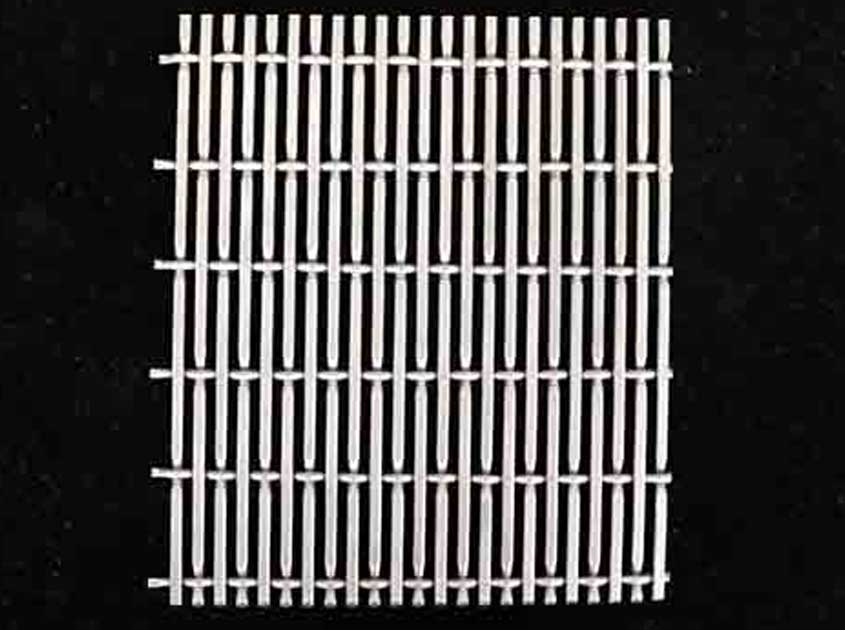
Dynamic Texture:
Architectural woven mesh brings a dynamic texture to architectural designs, setting them apart from traditional materials. The interwoven patterns create a visually captivating effect, adding depth and visual interest to facades, interior partitions, and other architectural elements. Whether it's a bold geometric pattern or a more organic and flowing design, the texture of architectural woven mesh enlivens the surfaces and creates a sense of movement, making the structures visually dynamic and engaging.
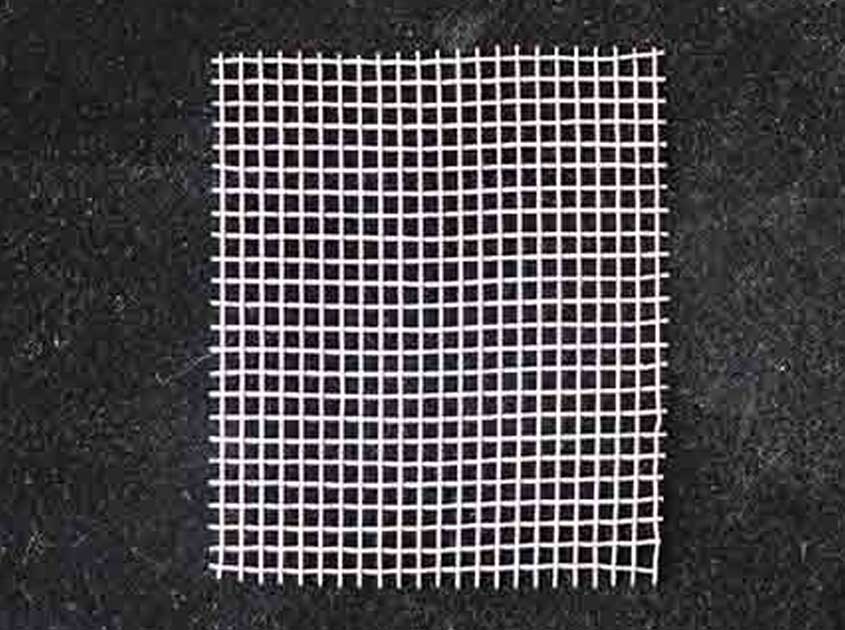
Play of Light and Shadow:
The unique properties of architectural woven mesh allow for an intriguing play of light and shadow. As sunlight filters through the openings in the mesh, it casts ever-changing patterns and textures on surrounding surfaces, creating a captivating visual display. This interplay of light and shadow adds a sense of depth and dimension to the architectural elements, enhancing the overall ambiance of the space. The resulting effect is a dynamic and visually stimulating environment that evolves throughout the day.
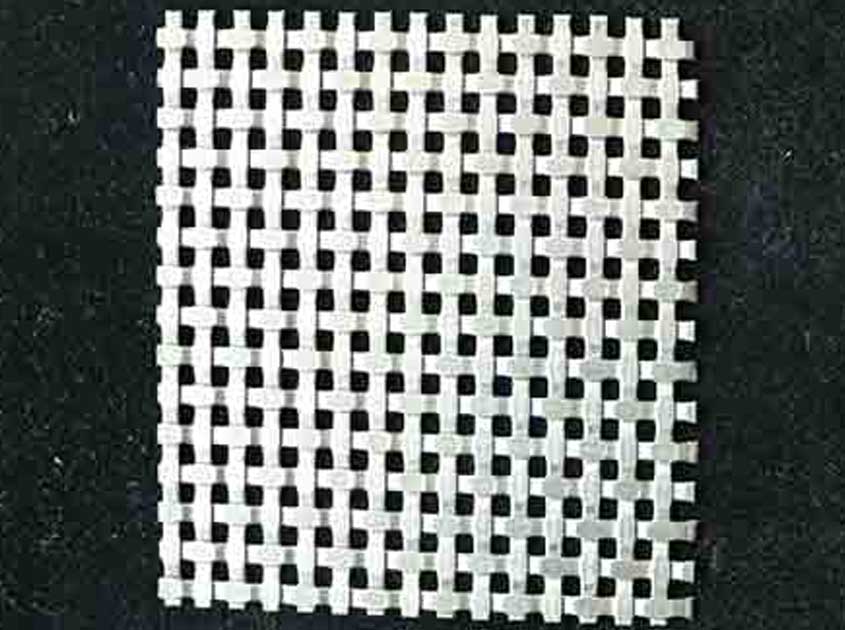
Customization and Personalization:
Architectural woven mesh offers a high level of customization, allowing designers to create unique and personalized designs. The versatility of the material allows for customization in terms of pattern, scale, and color. Designers can experiment with different weaves, densities, and wire thicknesses to achieve their desired visual effect. This level of customization enables architects and designers to tailor the woven mesh to the specific project requirements, ensuring a cohesive and harmonious design that reflects their artistic vision.
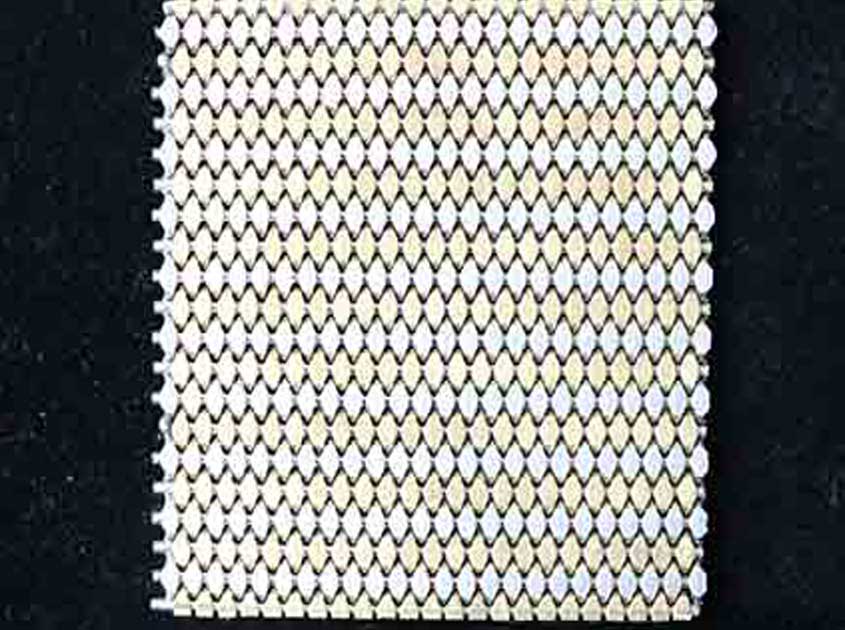
Integration with Surroundings:
Architectural woven mesh has the remarkable ability to integrate seamlessly with the surrounding environment. The transparency of the mesh allows it to blend harmoniously with the architectural and natural elements of the surroundings. It acts as a medium that connects the interior and exterior, creating a visual continuity and a sense of openness. This integration with the environment allows for a more holistic and immersive experience, enhancing the connection between the built space and its context.
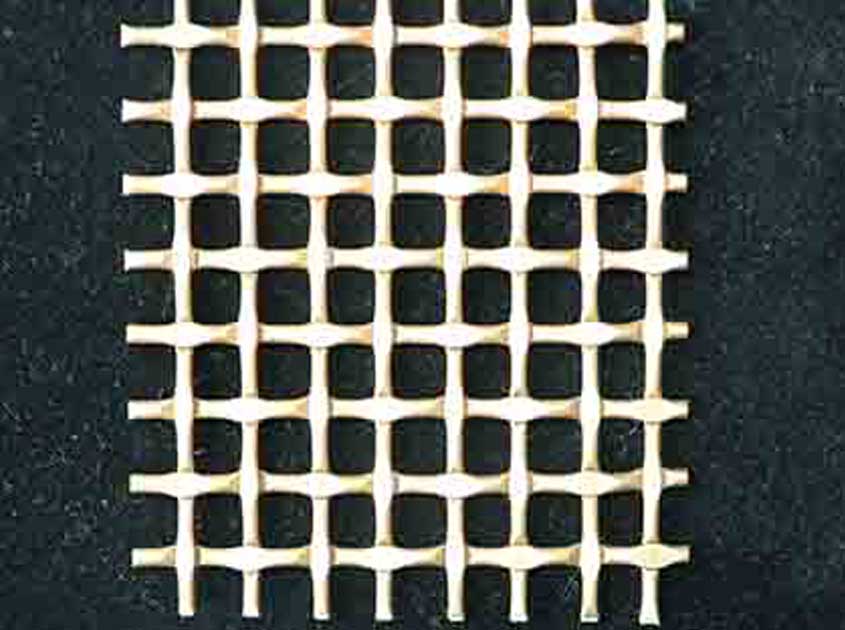
Artistic Expression and Statement:
Architectural woven mesh offers architects and designers a platform for artistic expression and making a statement. The intricate patterns and textures of the mesh can be used to convey meaning, tell stories, or reflect the identity of the space or its users. By incorporating architectural woven mesh into their designs, architects can create visually striking installations or sculptural elements that become focal points, evoking emotions and sparking conversations. These artistic expressions add a layer of depth and meaning to the built environment, making a lasting impression on those who encounter them.
pre:Architectural Woven Mesh in Public Spaces
next:Architectural Woven Mesh: Balancing Transparency and Privacy
© 2025 Joinwin Architectural Wire. All Rights Reserved. | Sitemap
Recommended Read
Unique architectural metal decorative mesh adds charm to your project
Architectural woven mesh is a type of material that is widely used in exterior and interior design.